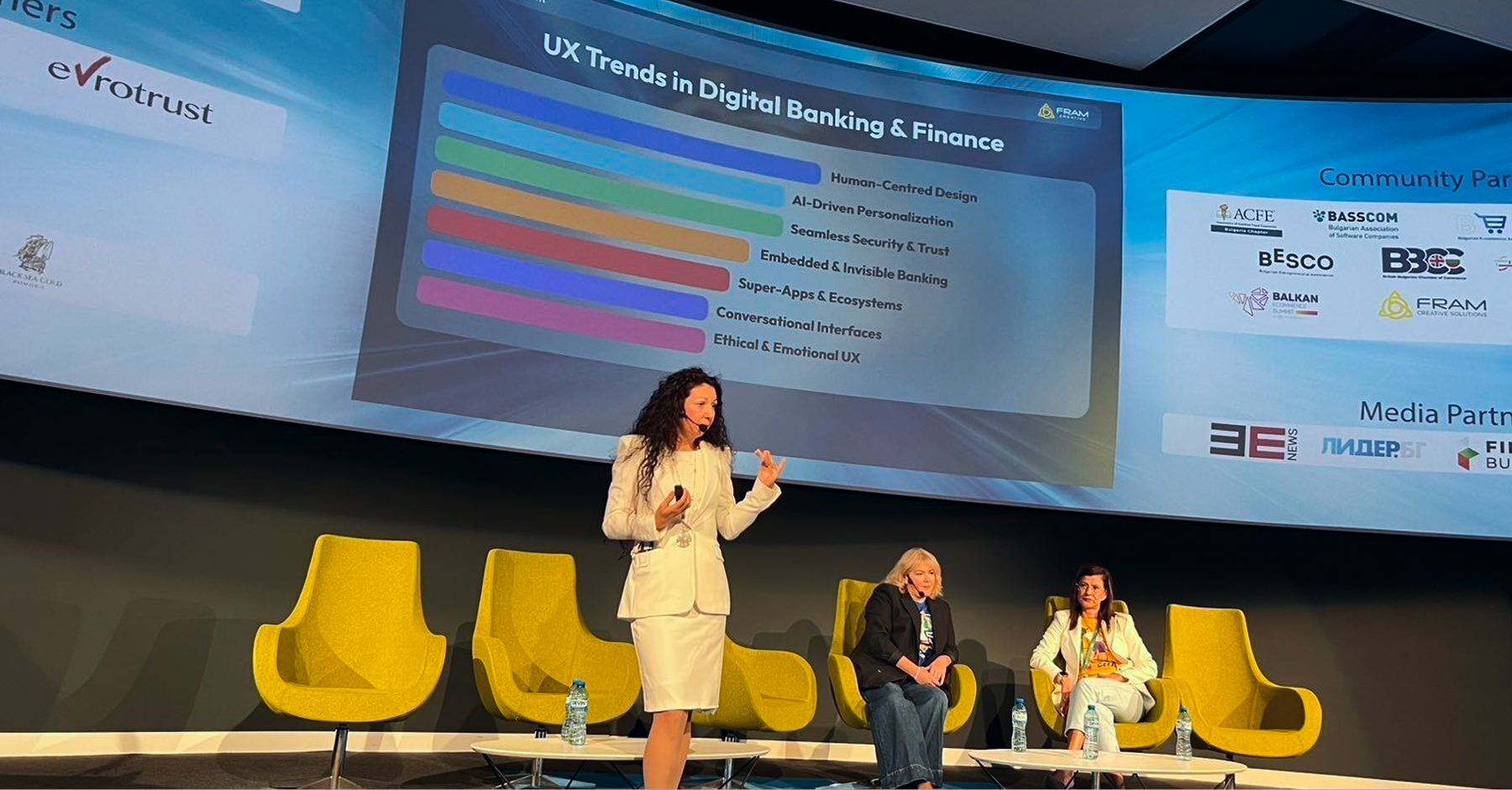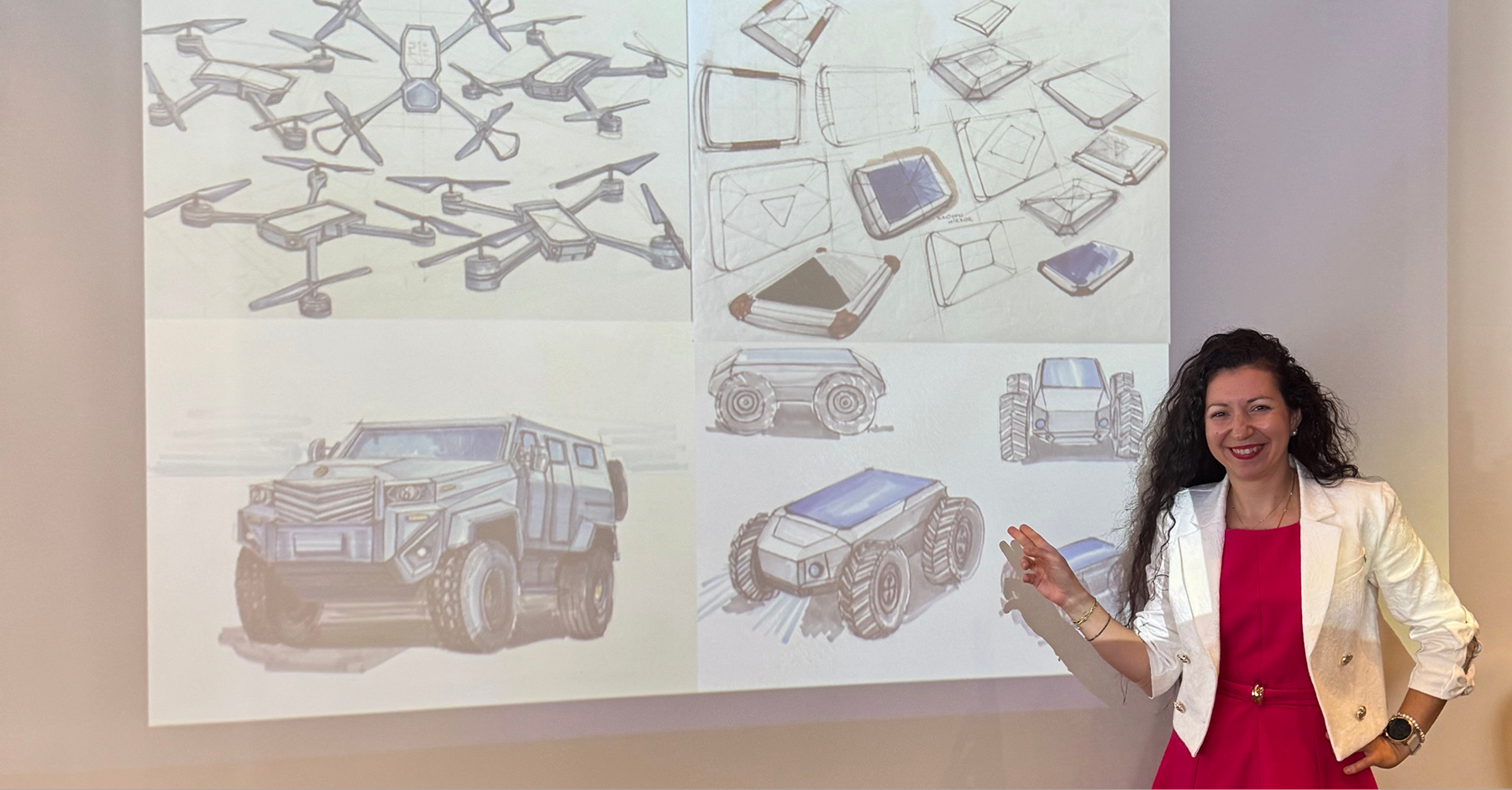Futuretech
Real Estate
MedTech
Security & Insurance
The Playbook of Accessible Design for Business Owners


Human-like products excel at forging emotional bonds with users, cultivating loyalty and contentment. By mirroring human traits such as transparency and adaptability, they instill trust and dependability. These products emulate natural conversations, resulting in experiences that are instinctive and user-friendly. When coupled with personalization and customization, they further elevate user involvement. This is where AI technologies like ChatGPT come into play, infusing these human-like attributes into interactions, rendering them more personal and profound for users.
ChatGPT, developed by OpenAI, is an exemplary case study of a product that strives to feel human. As an AI-powered chatbot, ChatGPT leverages natural language processing and machine learning to provide human-like conversations with users. Its sophisticated algorithms enable it to understand context, engage in dynamic dialogue, and deliver relevant responses. By emulating human conversation, ChatGPT creates a more intuitive and personalized user experience, fostering trust and enhancing user satisfaction.
By incorporating empathy, establishing trust, enabling natural interactions, and providing personalization, products can deliver experiences that resonate with users on a deeper level. The case study of ChatGPT highlights the potential of AI-powered technologies to bridge the gap between humans and products, creating meaningful connections and enhancing user satisfaction. As technology continues to evolve, prioritizing human-like qualities in product design will be instrumental in shaping the future of user experiences.
In an increasingly digital world, the quest for human-like products has become paramount. The desire for connection, empathy, and relatability propels the development of technologies that emulate human traits. Through their ability to establish emotional connections, inspire trust, facilitate intuitive interactions, and offer personalization, these products reshape user experiences, enriching them with authenticity and relevance.




Our friendly team would love to hear from you.
By submitting this form you agree with our Privacy Policy



